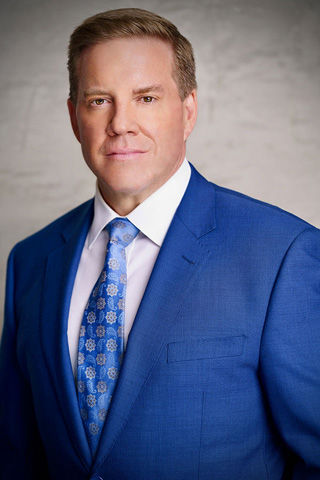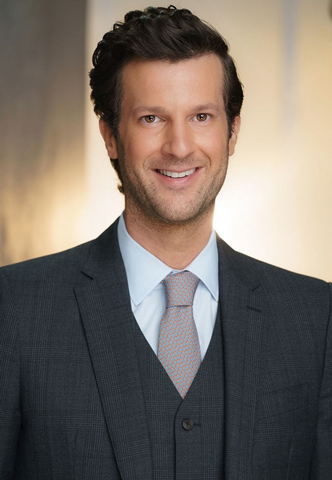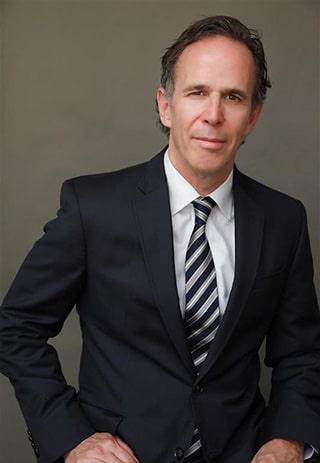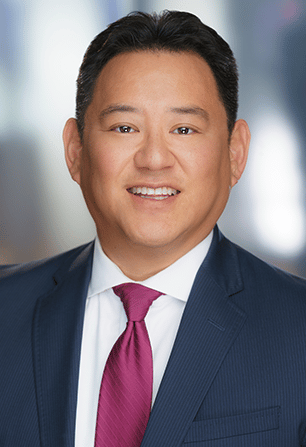After experiencing a traffic accident, many Southern California law firms will take advantage of your vulnerable state to send people called ambulance chasers, also known as “runners,” “solicitors,” and “cappers,” in the hopes of obtaining your case.
An ambulance chaser’s number one goal is to secure you as a client for the law firm they represent through manipulation and/or trickery. In return, they receive compensation for every new client they bring to their employers.
Employing ambulance chasing methods is not only unethical, but illegal!
Why is ambulance chasing illegal?
Ambulance chasing is illegal in 21 states as well as in Washington D.C., ensuring that you receive the best representation for your case. Though these methods are not illegal in every state, it does violate the American Bar Association’s Code of Professional Ethics, Canon 28, which does hold licensed attorneys accountable for soliciting clients.
It may come as a surprise, but California only recently enacted a law to prevent ambulance chasing methods. In 2011, the Business and Professions Code Section 6152 was passed, making it illegal for “any person, in an individual capacity or in a capacity as a public or private employee, or for any firm, corporation, partnership or association to act as a runner or capper for any attorneys or to solicit any business for any attorneys.” A lawyer caught using runners or cappers can be fined up to $15,000 or spend one year in county jail.
Oftentimes, victims of ambulance chasing schemes find that the lawyers they were recommended are not best suited to work on their case. As part of California’s crack down on ambulance chasing methods, the California Business and Professions Code 6154 was established, which allows “any contract for professional services secured by an attorney at law or law firm in this state through the services of a runner or capper is void.” A voided contract means your fees are recoverable.
It’s important to note that it is not illegal for someone to recommend you a lawyer as long as there is no compensation for them doing so.
As you can see, California takes ambulance chasing seriously to protect you from soliciting lawyers who may not be best for your case.
How does a runner or capper find victims?
How is it that a runner or capper knows when an accident has occurred within minutes of it being reported? They tend to use two methods to track down potential clients.
Many runners and cappers use police and emergency electronic scanners to hear when and where an accident has happened in Southern California. Suddenly, an ambulance chaser is there at the scene to “help” you by referring you to their lawyer.
The second method involves people known as “insiders.” For a few hundred dollars, an “insider” will give your information to a runner who will then use it to track you down. Typically, “insiders” who are on an ambulance chaser’s pay roll include:
- Police department employees
- Hospital staff
- Tow truck drivers
Once they find you, they employ a variety of schemes in an attempt to convince you to bring your case to their lawyers.
What are schemes that you should be aware of?
Ambulance chasers use manipulative means that are meant to convince you that their lawyers are best suited to handle your case. They have been known to do all of the following:
- Pretending to be a witness: Showing up minutes after a traffic collision, an ambulance chaser may pretend to be a witness to your accident and offer advice as to what lawyer you should use.
- Runners will promise large financial recoveries: After enticing you to use their lawyer’s services, they will have you sign agreements and make commitments to use their employer’s services.
- Calling a tow truck: Pretending to help, runners will call a tow truck for potential clients. This allows their law firm to secure additional information about your accident.
- Sending letters: The action of sending letters to a client is not, in itself, illegal, but how they obtain your information to send you letters is.
Ambulance chasers may appear friendly and helpful, but they are attempting to solicit your case on behalf of a firm that may not represent your best interest.
Don’t be fooled by their grandiose promises or cave into their solicitous ways through phone calls and junk mail. If an ambulance chaser tries to persuade you to use their firm, report their employer to The State Bar of California.











